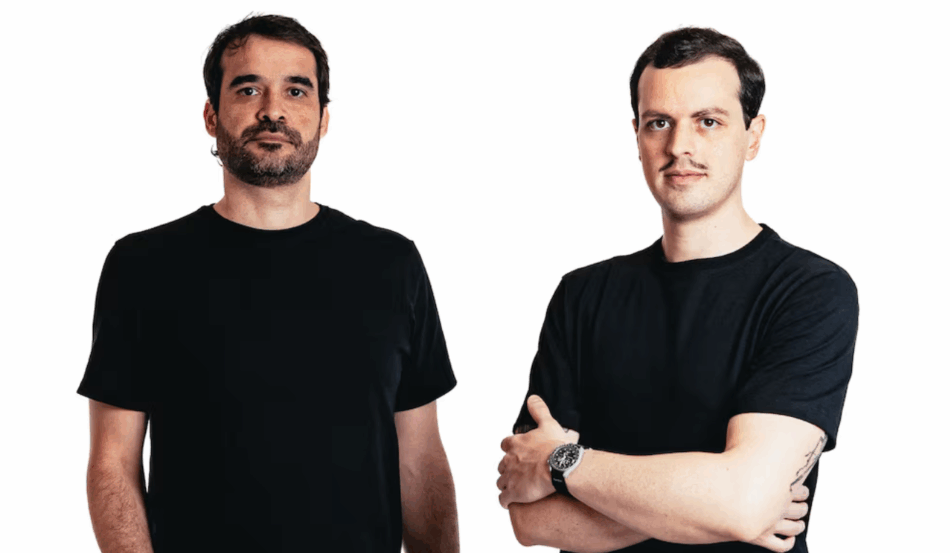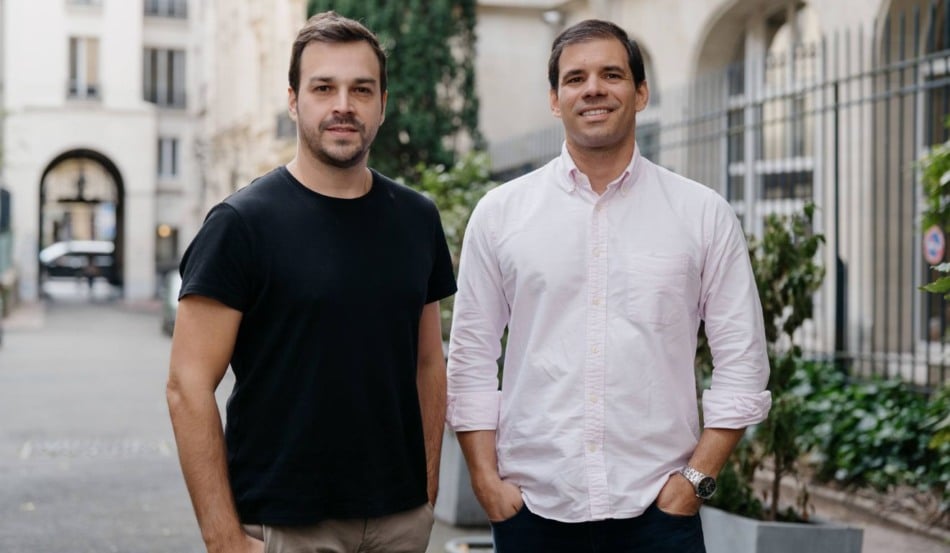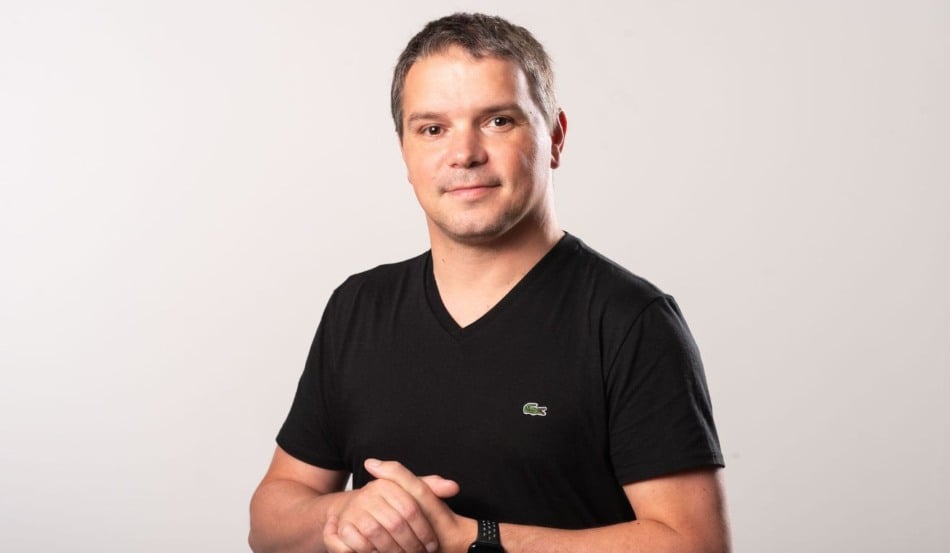
Everything seemed to be going well for Brazilian fintech Hash. Last year, the Banking-as-a-service company raised its series B and series C rounds with over $50 million to accelerate its operations. But the company made a second and even more aggressive wave of layoffs, ended deals, and shut down operations with some of its customers. Startups found out that the company is at risk of closing its doors.
In the most recent cull, about 58 people were laid off, according to Brazilian newspaper O Globo. The company announced it via a message on Slack, directly from the CEO and co-founder of the company, João Miranda. The text on the corporate social network explained the company reached a “critical point” which forced it to cancel deals and make a new wave of layoffs.
In June, Hash had already fired about 50 workers. According to former employees, it had already laid off 20 others in May. In total, the layoffs compromised almost half of the workforce (about 180 at the beginning of the year). The recent cut leaves the company with an even leaner staff of 52 people. “We have reached a critical point that forces us to make another cut, this time aiming to have the minimum to maintain the current operation,” wrote the CEO on Slack.
However, the downsizing process does not stop there. As investigated by Startups, Hash’s customers had their service contracts canceled immediately without notice, forcing them to seek out other players. The announcement was made to customers via email on Tuesday (02).
“We have a white label POS system with Hash, and they are literally shutting it down. We received an email last night saying that the operation was suspended as of that notice,” said a businessman in a group of executives on a social platform. Hash‘s client portfolio includes Aramis, Aché, Neon, and the construction network Léo Madeiras – the fintech’s largest contract.
Startups had access to the email sent to Hash’s customers, signed by COO Ademar Proença:
Due to adverse market conditions, we inform you that your company’s operations with Hash are suspended as of today, with any future amounts to be settled next week. Users will be informed about the end of activities tomorrow (03).
Final decision
Startups reached out to Hash, but we received a note with a standard response aimed at cooling tempers down. “After restructuring to reduce costs, Hash had to make a new wave of layoffs. The company remains committed to supporting affected employees and helping with professional relocation. Hash reiterates that it continues to operate and is looking for options, evaluating new possibilities for the future,” the company said in a statement.
However, as the CEO highlighted in the note sent via Slack, the company is seeking survival through funding and should make a final decision about its future by the end of August. In the meantime, the company and its investors offered to help those laid off with relocation in the market.
“We will make the cut to stay alive until we reach a final decision (in August),” he wrote, adding that the company is considering “a plan to close the company if none of the remaining options work,” said João Miranda in the text published by the Rio de Janeiro newspaper.
Fall from grace
The term above is often used when a company or person falls from a very prestigious position to a place well below what was expected. In a way, that’s what is happening to Hash. For a company that was among the darlings of the BaaS segment in the 2021 investment boom, it was a considerable drop.
With the $50 million raised last year, the company revealed in an interview with Startups at the time that it would close 2021 with 20 customers, and the goal for 2022 was to double this base of companies using its customized card machine solutions.
Backed by the funding, the company grew its workforce to 180 employees. In April 2021, when it announced its series B, the company had 110 people and eight customers, with a volume of transactions that grew six times last year.
However, the highly competitive market in this segment may have added obstacles to Hash’s plan. Major local players like Porto Seguro entered the game with the purchase of Atar. Meanwhile, Dock became a unicorn after raising $110 million in May, eyeing acquisitions to grow aggressively.
The list doesn’t stop there. Swap received a $27 million round led by Tiger Global, and Argentina’s Pomelo is focused on growing in Latin America after raising $190 million, also from Tiger Global. In April, the open finance platform Celcoin raised $17 million from Innova Capital.
(translation by Gabriela Del Carmen)







